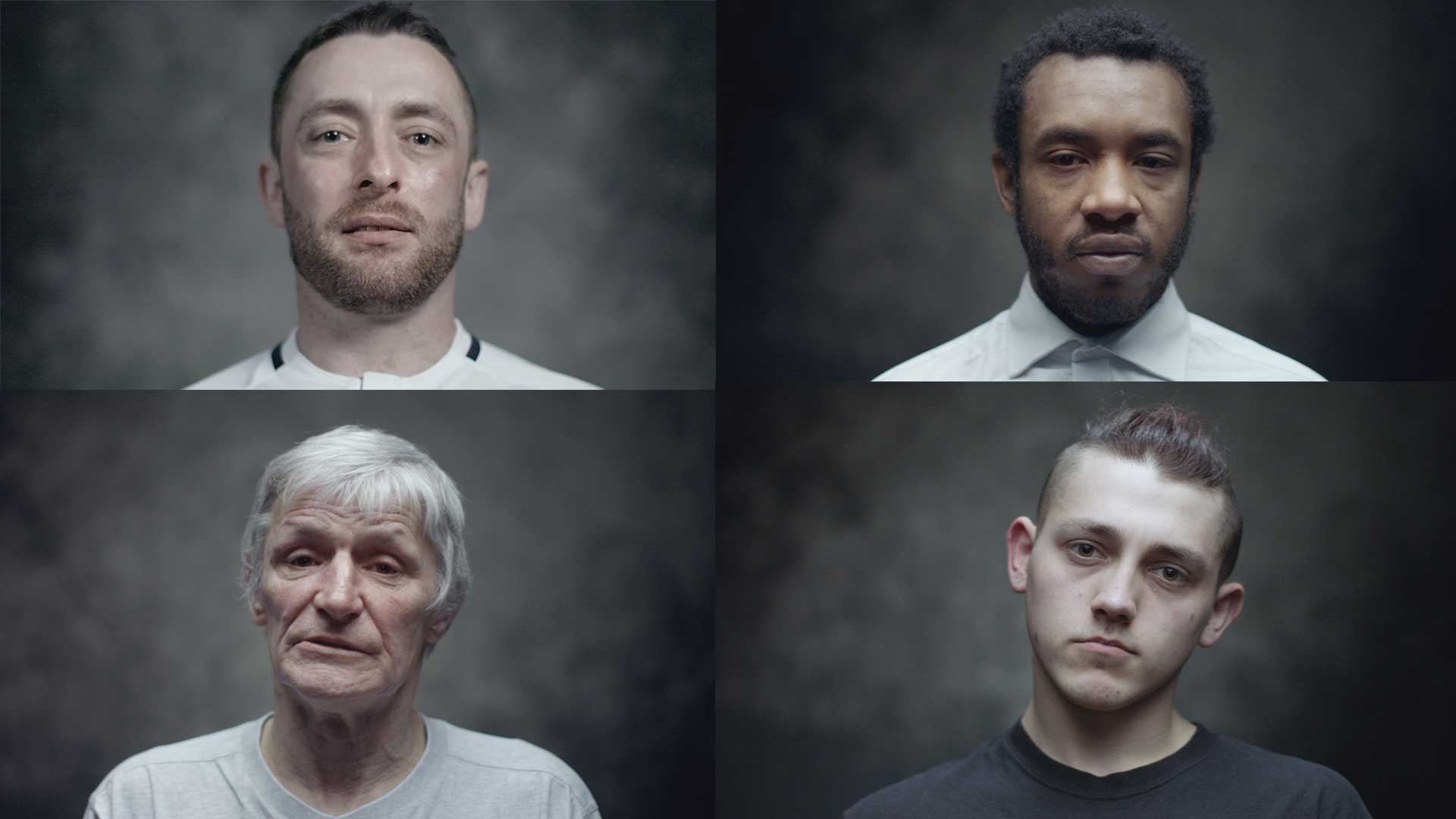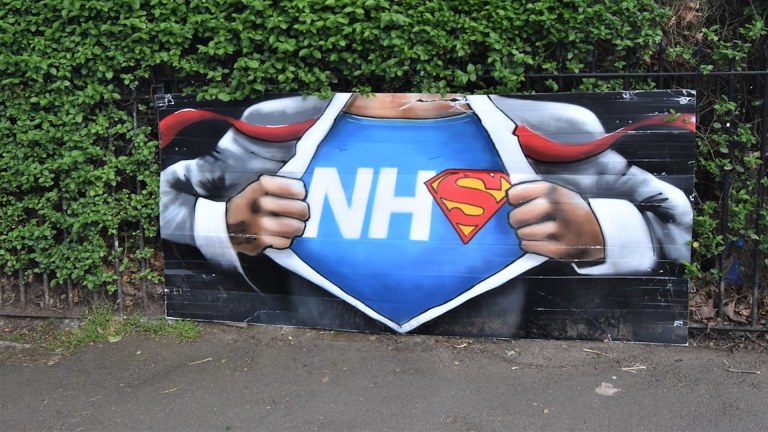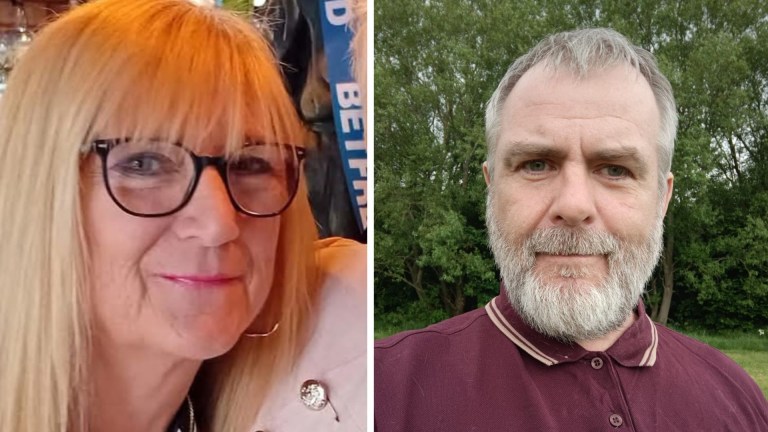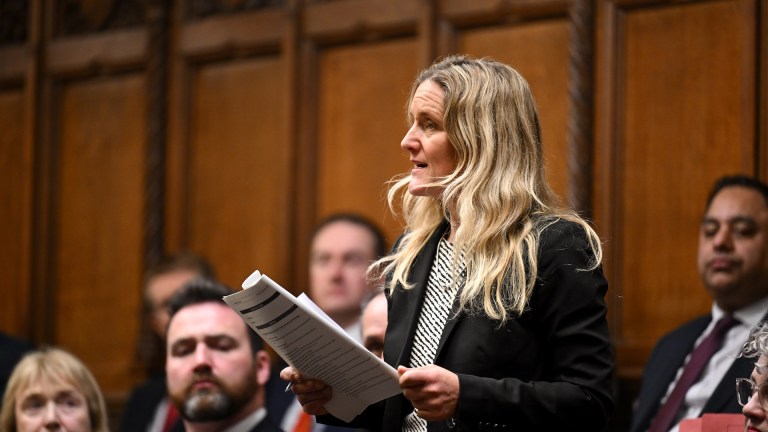We spoke to Catherine Killian, a mental health nurse and manager of Hillingdon Home Treatment Rapid Response Team. Catherine features in the film helping some of the subjects through their crises.
The Big Issue: The film’s subjects talk very openly about their mental health in a way we don’t usually see on television, why do you think this is important?
Catherine Killian: I suppose for some people it’s about wanting their voice to be heard, wanting this to come out in the open, raising awareness and breaking the stigma. And for our service that works with them, it’s about not shying away from that difficulty. It’s about normalising something that’s seen as abnormal. The suicidal thoughts, those irrational thoughts that are with individuals all the time, it’s about saying ‘look, you’ve got these awful thoughts, but the thought itself isn’t damaging.’ It’s about having that open discussion.
How were they safeguarded during the process?
When they undertook the interviews, capacity was always assessed and the potential impact that it could have on their mental health. A mental health Nurse was present all the time during the interview watching on another camera. If they felt the interview needed to stop they would advise. Support from that clinician was offered at the end of the interview to assess mental state. I was there for those sessions. Prior to the interviews, the process and what to expect was discussed with the subjects and they got to see the footage afterwards.
The focus is on men who make repeated attempts on their lives after treatment. How do staff respond to these cases?
Advertising helps fund Big Issue’s mission to end poverty
A big part of our work is risk assessment. When we’ve got somebody who has presented to our services repeatedly, we’d be looking at the act itself, for example how many tablets have they taken, did they alert services after the overdose attempt, have the attempts increased in severity. You’d be looking at triggers, and for some a pattern would come up: there could be various stresses, whether it’s around benefits or housing, a family fall-out or it might be around substances. We’d then be looking at members of staff who work well with that person. With someone we know, we know what works and doesn’t work.
We work as part of a multi-disciplinary team where we share cases and seek advice from each other in the team. It’s not about sitting behind a desk with a pen and paper. It’s about saying ‘look, where can I meet you – do you want me to sit in your car and do the assessment, shall we meet in a quiet coffee shop, do you want to come up here so your family don’t know what’s going on?’ That’s a big part of our work as well, engaging someone and that person engaging with us.
One of the subjects, Jack, seems reluctant to leave the acute psychiatric ward. What are the challenges of releasing vulnerable patients?
A big challenge for us is empowering that person. We can keep somebody safe on a ward, but they can leave at any time and not be safe. And what happens with the ward, disturbed as it can be at times, is that individuals like Jack build up really close relationships with staff where they feel understood and safe.
But the next part of the journey is about going home, working with the team. And that involves a degree of skill, good communication, and trust on both sides. One of the most challenging parts is the coming back home from hospital. Back to the same environment that they were admitted from. They go back to that sitting room/bedroom and that’s the last place where they self-harmed, we’re sending them back to that environment, we’ve got to consider that. It’s all about the planning, sometimes we go home with patients and help them tidy up a bit – it’s about working with that patient and considering the things that matter to them that we might not have considered.
It’s about reassuring that person that this is a natural progression on their recovery journey. Services are still here. Hillingdon Home treatment and rapid response team is available 24 hours a day 365 days of the year including Christmas day.
Advertising helps fund Big Issue’s mission to end poverty
Many of the subjects seem to have made genuine progress by the end of the film, but it’s clear that they’re still vulnerable and require the support of family and friends as well as the NHS. What advice would you give to someone whose friend or relative is talking about suicide?
I think if someone is talking about it, the first thing you’ve got to do is have a conversation with that person, sit down with them. Ask them how they are feeling and find out whether they’ve got a plan or intent. And then it’s getting that person to seek professional help go to see their GP. Maybe go with them.
If someone has opened up and said they’re having these thoughts, that’s a major milestone, that’s the first step in the right direction. It’s about starting the process. Talking to someone about their suicidal thoughts does not make them more likely to end their life.
The worst thing you can do is start to panic. Because that person sometimes is gauging how you’ll react. It is about been calm where possible. Listening to them without judging them and trying to help them think about other options. Trying to assess where the risk might be, what the crisis is. It’s about saying ‘you can ring me, you can tell me what going on in your head, what are the thoughts that you are having let’s work through this together,’ and being part of that journey. Let that person know you care about them and that they are not alone. You may need to make sure someone is with them if they are in immediate danger.
Suicidal: In Our Own Words in on Tuesday September 10 at 9.15pm on Channel 5. A follow-up programme to support viewers affected by mental health and suicide related issues, How you can help stop suicide is on afterwards at 10.45










